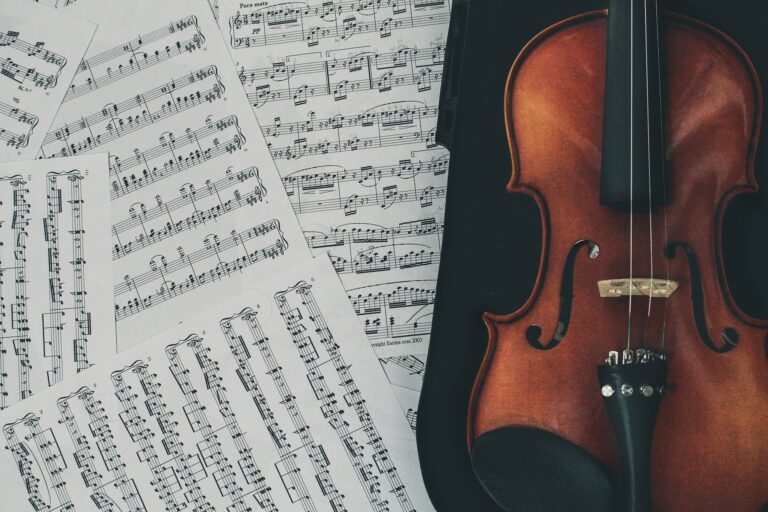What is Copyright law-
A copyright may be acquired for the authentic musical, literary, artistic, dramatic, cinematography movies and sound recordings in India. Copyright Act, 1957 (“Act”) lists down the legal guidelines referring to copyright in India. Copyright is acquired to safeguard the authentic works of various authors, manufacturers and performers to guard their works from infringement.
A copyright of a music track is done as in line with the provisions of the Act and Copyright Rules, 2013 (“Rules”). Music incorporates numerous elements. A music is whole as an entire whilst first the lyricist writes the song. Then tune is given to the lyrics with the aid of using the composer of the music. The singer sings the music. This music can be accomplished with the aid of using the singer or recorded in a studio. The manufacturer of the music statistics it. Usually, music is the attempt of many humans combined. But at instances a piece of music can be completely owned with the aid of using the most effective one man or woman if he writes the music, offers tune to it and sings it.
Term of Copyright-
Copyright of a music track lasts for sixty years starting from the date of its release or for the life of the writer and sixty years from the date of his demise. This means that the copyright of the lyricist and composer of the track stay until the date of their demise in addition to sixty years thereafter once they die.
The copyright of a valid recording is sixty years from the beginning of the calendar 12 months following the year wherein it was released. Thus, the copyright of the producers might be sixty years beginning from the following 12 months of the release. Performer’s rights or the singer’s rights in a track might be fifty years beginning from the following 12 months wherein the overall performance is given.
Facts about copyright law-
- Copyright protection is present at the creation.
Copyright protection of a music track essentially begins the moment it is put on a paper.
- To protect a copyright, the owner should register.
This means that you have to file for your copyright claim in the court after which only you can legally sue someone for infringement issues.
Musicians looking to distribute their work globally may benefit from exploring different features available in music distribution services. One such service is the DistroKid app features, offering capabilities like unlimited song uploads and tracking statistics.
- A copyright establishes various rights for the owner.
Some rights established by ownership of a copyright include the following:
- To reproduce the work
- To adapt or arrange the work
- To perform the work
- To display, distribute, and/or sell copies of the work
- To incorporate the work with visual images
- To license others to do any of the things listed above
- Protection is for more than a lifetime.
Copyright of a music track lasts for sixty years starting from the date of its release or for the life of the writer and sixty years from the date of his demise.
- For copyright purposes, a sound recording is separate from a composition.
Different copyrights are issued for recording the music track and composing it.
- Published and unpublished musical works may be copyrighted.
It is not necessary that a track has to be published anywhere for it to be protected under the copyright law. As long as the copyright has been registered in the court, even unpublished tracks are protected under the law.
- Special rules apply to those who want to perform cover versions of copyrighted songs.
If any artist plans on doing a cover of a copyrighted track, then they have to pay a sum for the license fee. Different sets of rules apply to them.

